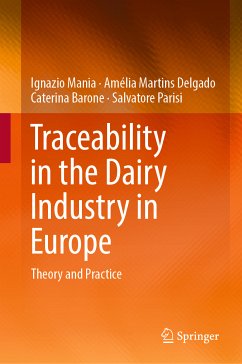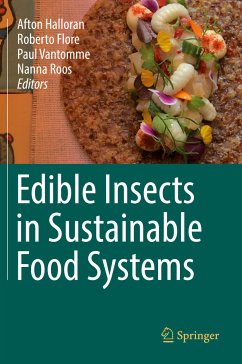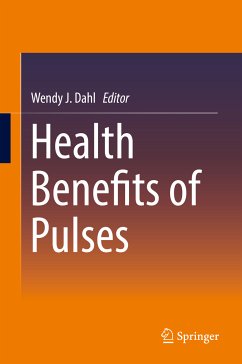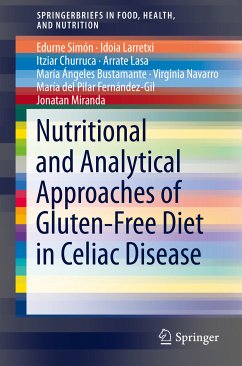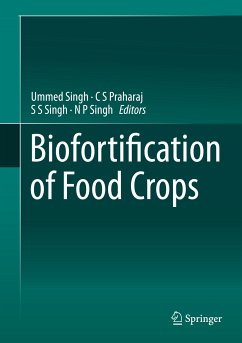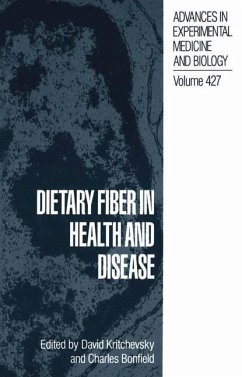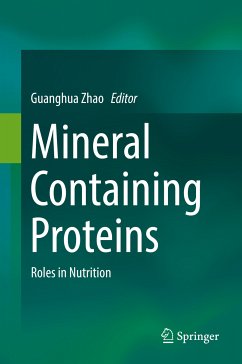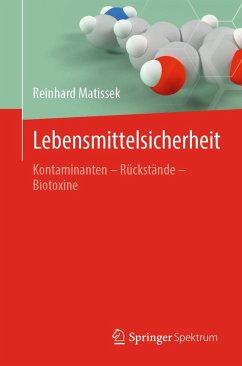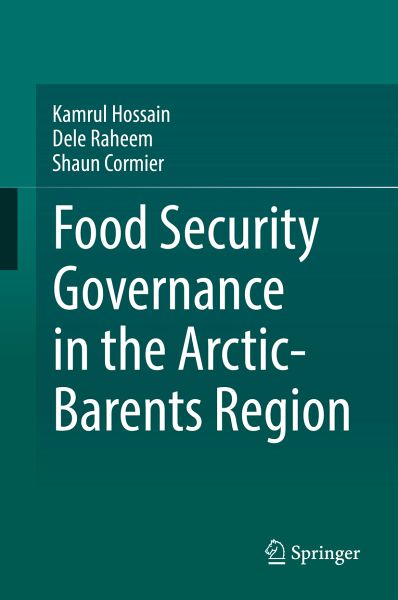
Food Security Governance in the Arctic-Barents Region (eBook, PDF)
Versandkostenfrei!
Sofort per Download lieferbar
40,95 €
inkl. MwSt.
Weitere Ausgaben:

PAYBACK Punkte
20 °P sammeln!
Food Security Governance in the Arctic-Barents Region provides a multidisciplinary perspective on the major food security and safety challenges faced in the Arctic region. The authors address existing gaps in current knowledge of the coordination and implementation of legal framework and policy that affects the Arctic. The volume is unique in its focus on the Barents region, an area of northern Europe containing Norway, Sweden, Finland and Russia. The region has a population of approximately 5.2 million, including indigenous and non-indigenous peoples. The authors offer a balanced and systemic...
Food Security Governance in the Arctic-Barents Region provides a multidisciplinary perspective on the major food security and safety challenges faced in the Arctic region. The authors address existing gaps in current knowledge of the coordination and implementation of legal framework and policy that affects the Arctic. The volume is unique in its focus on the Barents region, an area of northern Europe containing Norway, Sweden, Finland and Russia. The region has a population of approximately 5.2 million, including indigenous and non-indigenous peoples. The authors offer a balanced and systemic review of the role of traditional foods in this region, along with an overview of the regulatory tools and institutions that govern food security.
Food security and safety in the -Arctic-Barents region is connected to and impacted by transformations from both inside and outside the area. Climate change, globalization and human activities affect the availability, accessibility, andaffordability of food. The result of these transformations has an impact on the food security and safety for both indigenous and non-indigenous individuals and communities. The authors, by highlighting these challenges, reveal the importance of having harmonized policies and legal tools in place in order to strengthen food security and safety in the Barents region.
The book forms part of the main outcome of the Academy of Finland's ongoing project on Human Security as a promotional tool for societal security in the Arctic: Addressing Multiple Vulnerability to its Population with Specific Reference to the Barents Region (HuSArctic). Researchers, policy makers, and other stakeholders will find the book to be an important contribution to the promotion of policies and strategies on food security.
Food security and safety in the -Arctic-Barents region is connected to and impacted by transformations from both inside and outside the area. Climate change, globalization and human activities affect the availability, accessibility, andaffordability of food. The result of these transformations has an impact on the food security and safety for both indigenous and non-indigenous individuals and communities. The authors, by highlighting these challenges, reveal the importance of having harmonized policies and legal tools in place in order to strengthen food security and safety in the Barents region.
The book forms part of the main outcome of the Academy of Finland's ongoing project on Human Security as a promotional tool for societal security in the Arctic: Addressing Multiple Vulnerability to its Population with Specific Reference to the Barents Region (HuSArctic). Researchers, policy makers, and other stakeholders will find the book to be an important contribution to the promotion of policies and strategies on food security.
Dieser Download kann aus rechtlichen Gründen nur mit Rechnungsadresse in A, B, BG, CY, CZ, D, DK, EW, E, FIN, F, GR, HR, H, IRL, I, LT, L, LR, M, NL, PL, P, R, S, SLO, SK ausgeliefert werden.



